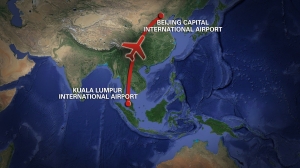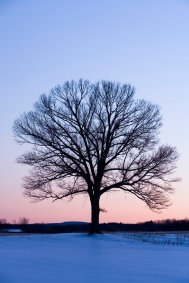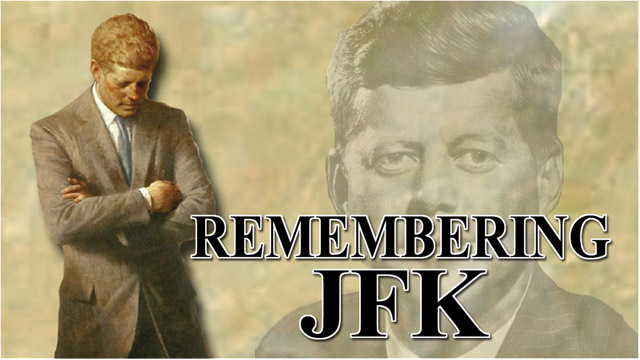The following is the sermon offered this morning at St. John’s Episcopal Church, Northampton, MA.
How many of you know the story of Job? Someone wrote this one down so that we might ponder our own questions about God’s ways. The story opens with a conversation between God and the Tempter – Satan. Looking down at Job, Satan issues a challenge. Would your boy Job still praise you if I took everything away from him? God bets on Job’s faithfulness.
Let’s juxtapose Job with our saint of the day – Francis of Assisi. Francis  was real and his story was recorded only 800 years ago. But these two guys have something in common and their stories have much to teach us about God’s creation.Francis, by contrast, gives up everything voluntarily. He prefers to own nothing which will align him with God’s poor ones.
was real and his story was recorded only 800 years ago. But these two guys have something in common and their stories have much to teach us about God’s creation.Francis, by contrast, gives up everything voluntarily. He prefers to own nothing which will align him with God’s poor ones.
Job loses everything he loves and suffers sickness, grief and isolation. He never loses faith in God’s goodness or love for him.
Francis chooses utter dependency on God and praises God no matter how little his portion.
In Job and Francis we can see the mysterious pattern of the Christian life.
- We suffer and yet we praise God.
- We choose to give up things that derail our search for God. And this brings joy,
Here’s what I love about Job. His faith is rock-solid. He knows God loves him. He is convinced that God is only good. BUT…our comic book hero channels all of humanity when he asks the $64,000 question: “Why, God?” This is what we all do as human beings. We ask “why.”
Here’s what I love about Francis. He can let go of what holds him back and do it with joy. Even though his life is on the right path, sometimes he misunderstands God’s plan for him. Francis hears God whisper: “Rebuild my church.” So, God love him, he finds a church in ruins and starts hauling rocks to fix it. God, Francis discovers, had a more institutional repair in mind.
Even though both stories suggest an extreme version of the life of faith, in Job and Francis I see what faith can do in every life. Faith gets us through the worst of it and helps us find the best of it.
So, what do these two stories have to teach us about God’s creation? It is October 4 – the kick-off day of Creation Season in churches all over the world. We will bless our creatures great and small and celebrate our Eucharist outside.
More importantly, Creation Season is about taking action to slow the changes that are impacting our planet and the most vulnerable of its people.
Recently, I was able to travel with our Missioner for Creation Care, the Rev. Margaret Bullitt-Jonas, to Washington, DC where she joined a delegation of religious leaders for advocacy. Once I got over the excitement of Capitol Hill, I started to listen and what I heard was heart breaking.
There is a study still under dispute by a former NASA scientist, James Hansen.[i] It suggests that if we do nothing now, by 2065 several of America’s coastal cities will be under 10 feet of water. New Orleans, Miami Beach, New York, Boston – if we do nothing now.
Back to Job…
In the story of Job, our hero gets to talk to God. God is clearly proud of Job. His faith was strong indeed in spite of all the tragedy and suffering that came his way. But, when Job asks “why,” God draws a line in the sand. Instead of answering – which would have been really helpful for us – God returns Job’s question with more questions and they all have to do with creation.
“Where were you when I laid the foundation of the earth? Tell me, if you have understanding.
“Or who shut in the sea with doors
when it burst out from the womb,
“Have you commanded the morning since your days began, and caused the dawn to know its place,
“Have you entered into the springs of the sea,
or walked in the recesses of the deep?
“Have you entered the storehouses of the snow,
or have you seen the storehouses of the hail,
“Who has cleft a channel for the torrents of rain
and a way for the thunderbolt,
God’s answer to Job’s universal question is creation.
I think God is suggesting that we look around at the wisdom, beauty and perfection of the world. If God did this, then we are in good hands. If God did this, then there is so much God knows that we can’t understand. What if we could enter the mystery, embrace it? Within the mystery of life – in its beauty and in its suffering – God is with us.
Creation is the sign of God’s great power and love for us. All this is ours to appreciate, preserve and protect. The One who made it all is with us and is pulling for us as we struggle with our selfishness and indifference.
What about Francis? Well, thanks to Francis, we can see that creation is not just for us – it is part of us. “Brother sun, sister moon” – we are in relationship. We are dependent on the health of this planet – our fragile island home. God made the air, the water and every living creature and that makes it all holy and good. Our Eden needs tending. It is no longer a paradise. It matters because it is all mysteriously part of us – our life is bound up with the life of this planet.
God has made it so.
[i] Ice melt, sea level rise and superstorms: evidence from paleoclimate data, climate modeling, and modern observations that 2 °C global warming is highly dangerous
J. Hansen1, M. Sato1, P. Hearty2, R. Ruedy3,4, M. Kelley3,4, V. Masson-Delmotte5, G. Russell4, G. Tselioudis4, J. Cao6, E. Rignot7,8, I. Velicogna7,8, E. Kandiano9, K. von Schuckmann10, P. Kharecha1,4, A. N. Legrande4, M. Bauer11, and K.-W. Lo3,4










